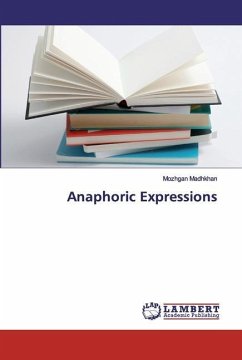
Informal and Slang English
Improve Your Speaking Skill (Part 1)
Versandkostenfrei!
Versandfertig in 6-10 Tagen
56,99 €
inkl. MwSt.

PAYBACK Punkte
28 °P sammeln!
Formal and informal language serve different purposes. The tone, the choice of words and the way the words are put together vary between the two styles. Formal language is less personal than informal language. Informal language allows the use of nonstandard English forms, colloquial vocabulary and typically shorter sentence structures. Living among the target language community and hence having sufficient exposure to English language definitely leads to understanding and learning informal English. However, for those L2 learners who are deprived of such exposure, suitable related materials shou...
Formal and informal language serve different purposes. The tone, the choice of words and the way the words are put together vary between the two styles. Formal language is less personal than informal language. Informal language allows the use of nonstandard English forms, colloquial vocabulary and typically shorter sentence structures. Living among the target language community and hence having sufficient exposure to English language definitely leads to understanding and learning informal English. However, for those L2 learners who are deprived of such exposure, suitable related materials should be inevitable members of the curriculum.It's not only important to learn how to use the English language, it is also important to learn the differences between formal and informal English so you sound appropriate.












